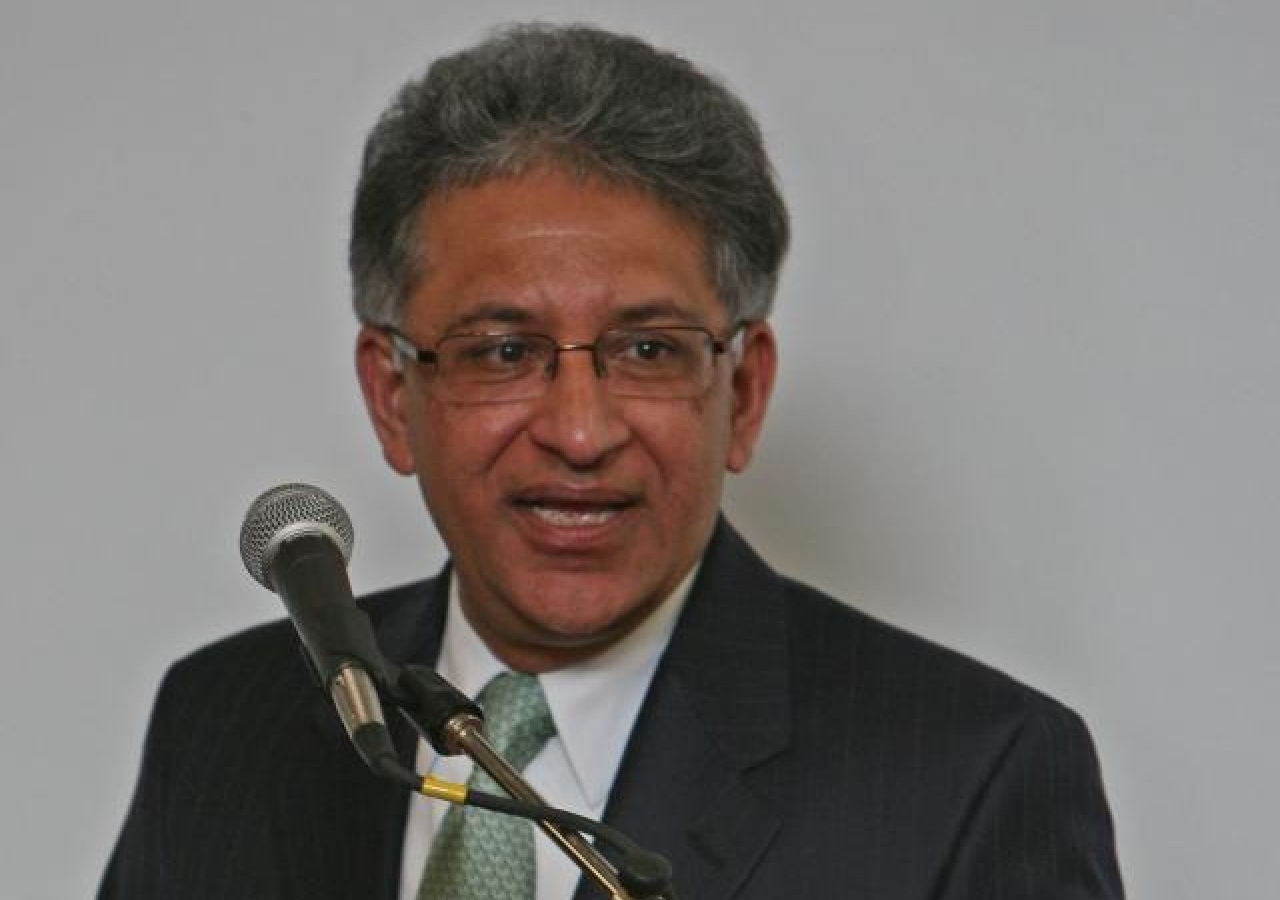Volunteer Name: Professor Karim H. Karim
Task: Conducted dozens of interviews with stakeholders across the region’s communications sector to gain knowledge that assisted in development of the curriculum for the University of Central Asia’s (UCA) Bachelor of Arts degree in Communications and Media.
Assignment Location: Central Asia
Duration of Assignment: Summer of 2014
Impact Made: Karim leveraged his academic and research background as well as his expertise in Western-Muslim intersections to prepare graduates for reducing tensions between Eastern and Western societies in the media.
Full Story:
The University of Central Asia (UCA) is developing its undergraduate curriculum in advance of its first campus opening in Naryn, Kyrgyz Republic in September 2016. Professor Karim H. Karim, former director of Carleton University’s School of Journalism and Communication in Canada, was tasked to support development of the framework for UCA’s Bachelor of Arts degree in Communications and Media.
At the heart of UCA’s curriculum development strategy is consultation, an approach that Karim whole-heartedly adopted to better understand the complex and dynamic Central Asian mediascape. Travelling to Central Asia in Summer 2014, Karim conducted dozens of interviews with stakeholders across the region’s communications sector.
While acknowledging the challenges faced by Central Asian communications and media professionals, Karim was impressed by the many talented individuals he met who are committed to improving the sector in UCA’s Founding States of Tajikistan, Kyrgyzstan and Kazakhstan. “The opportunity to meet talented professionals has enhanced my understanding of how issues are tackled in this amazing part of the world,” Karim observed.
As a result of Karim’s stakeholder meetings and the work of many other individuals, the UCA Communications and Media programme will adopt international standards and approaches to the Central Asian regional and national contexts. Students will have both in-class and applied learning opportunities and gain skills to function in the current mediascape. These students will expand and develop the sector in the future. Professor Karim believes that graduates of UCA’s Communications and Media Programme will play a pivotal role in reducing tensions between Eastern and Western societies. He remarks “The processes we are witnessing in the world should not be called a clash of civilisations, but the clash of ignorance. Many ethnic conflicts arise from ignorance and lack of understanding of other cultures,” and this is one of the concepts that have guided his contributions to the curriculum.
He also notes that students will have to navigate the changes in Western media since the events of September 11, 2001. Yet, Karim feels confident that these young journalists across the world, whether in Central Asia or elsewhere, will overcome this cultural tension; “My students have a great desire to understand the world and communicate with different people, and this brings me hope”.
Bridging cultures is not new to Karim, who is of Indian origin, was born in Kenya and has been a Canadian citizen for more than 30 years. Based on his experience in the Canadian context in which the multicultural population is reflected in both ethnic newspapers and mainstream media, Karim believes that a solid technical education combined with the much-needed ability to critically analyse information is what Central Asian media and communications professionals need, and is what UCA’s Communications and Media programme will provide.
UCA is deeply appreciative of Professor Karim’s significant contribution as a TKN volunteer in helping to develop this critical curriculum. Since returning to Canada, Karim has continued to support the development of the programme.








